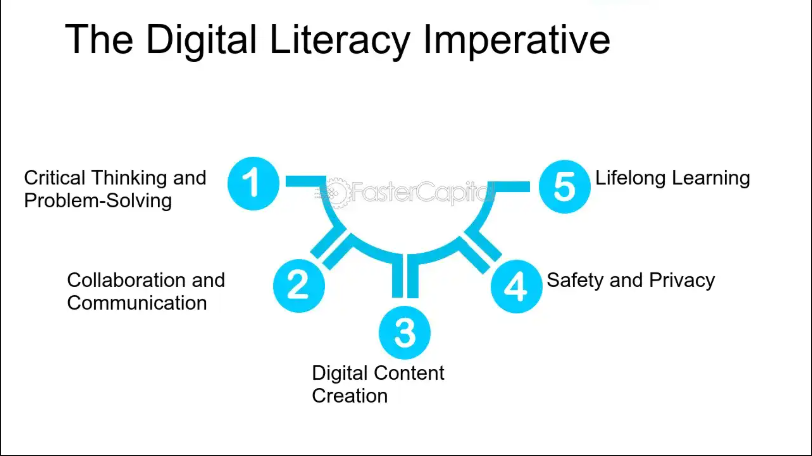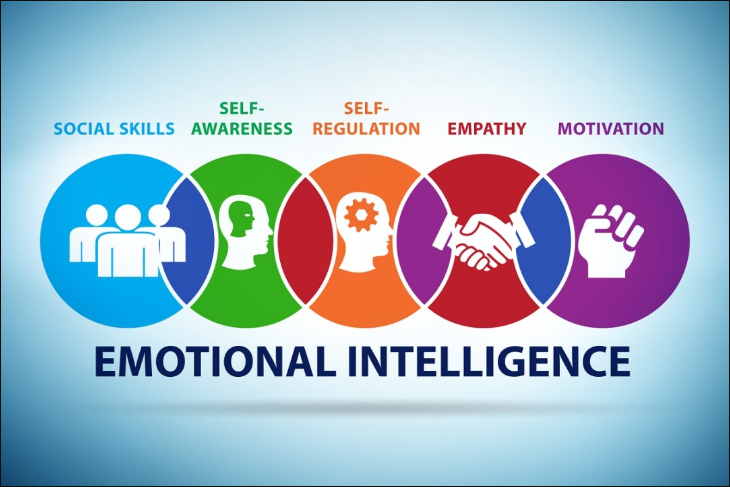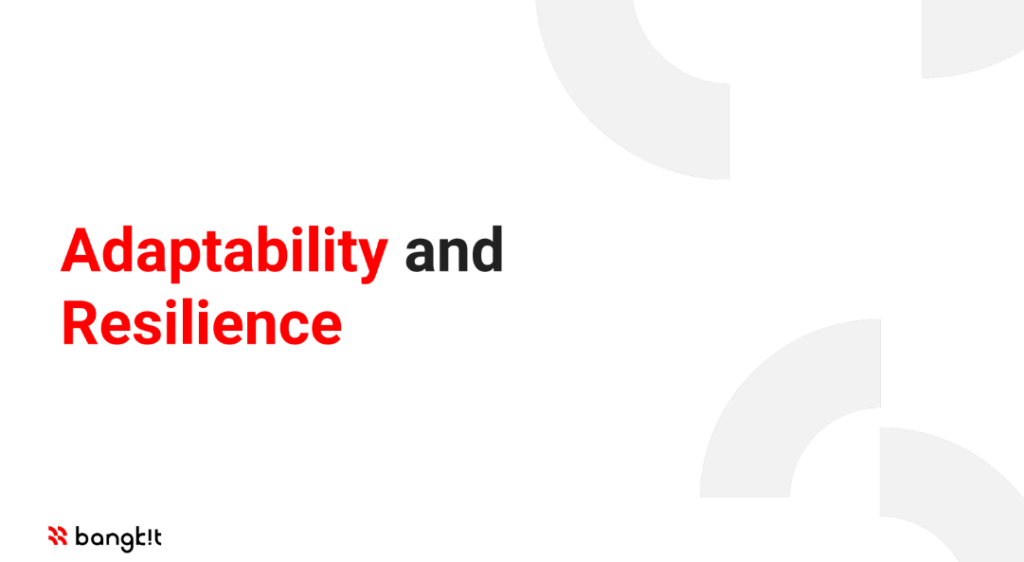
Exploring the Future of Work: What Skills Will Be Essential in 2025?
The world of work is changing—fast. Between the rise of automation, remote collaboration, and AI-driven tools, the job market of 2025 will look very different from what we know today. And if you want to stay competitive, it’s not just about what you know—it’s about what you can do.
Whether you’re a student preparing for your first job, a professional looking to level up, or an educator guiding the next generation, understanding the most in-demand skills will be key to thriving in the future workplace.
Let’s explore the essential skills that will help you adapt, grow, and stand out in 2025 and beyond.
Why Skill Development Is More Important Than Ever
- Technology is transforming every industry
- Lifelong learning is becoming the new norm
- Employers are looking for more than just degrees
- Soft and technical skills are merging into hybrid roles
- Adaptability is now a must-have, not a nice-to-have
1. Digital Literacy & Tech Savviness

In 2025, being comfortable with digital tools won’t be optional—it’ll be expected. Whether you work in healthcare, education, marketing, or finance, you’ll need to know how to use technology to get things done.
Familiarity with platforms like Zoom, Google Workspace, AI tools, and industry-specific software will give you a serious edge. And the more confident you are navigating tech, the quicker you’ll adapt to future innovations.
2. Critical Thinking & Problem Solving

With machines handling routine tasks, thinking like a human becomes even more valuable. Employers are looking for people who can analyze information, identify patterns, and come up with smart solutions.
Critical thinking helps you solve complex challenges, make informed decisions, and contribute meaningfully—no matter your field.
3. Emotional Intelligence (EQ)

While AI is great at processing data, it can’t replace the human touch. Emotional intelligence—the ability to understand and manage your own emotions while empathizing with others—is one of the top skills for future leaders and collaborators.
People with high EQ are better at teamwork, conflict resolution, leadership, and creating a positive workplace culture.
4. Communication & Storytelling

Clear, compelling communication will always be in demand. Whether it’s writing a report, pitching an idea, or explaining data in a meeting, your ability to express yourself will set you apart.
In a digital-first world, this includes emails, video presentations, and even messaging on platforms like Slack or Teams. Add storytelling into the mix, and you’ll become someone who can not only share ideas—but inspire action.
5. Adaptability & Resilience

The only constant in the future of work? Change.
Whether it’s new tech, shifting roles, or unexpected global events, the ability to stay flexible and bounce back from setbacks is essential. Adaptability is about being open to learning new skills and rolling with the punches—without losing momentum.
6. Collaboration in a Remote World
Remote and hybrid work are here to stay. That means knowing how to work across time zones, manage virtual teams, and collaborate using digital tools is a must.
Being a good team player today means understanding virtual etiquette, showing initiative online, and staying connected even when you’re not in the same room.
7. Data Literacy
No matter your field, data is driving decisions. From interpreting analytics to making sense of performance metrics, understanding how to read and use data is becoming a core part of many jobs.
Basic knowledge of tools like Excel, Google Analytics, or even introductory data science will help you contribute to data-informed decisions at work.
8. Creativity and Innovation
As automation handles repetitive tasks, creativity is emerging as a top-tier skill. Companies need people who can think outside the box, generate new ideas, and approach challenges from fresh perspectives.
Whether you’re in marketing, product design, or education, the ability to innovate will keep you ahead of the curve.
Conclusion: The Future Is Skill-First
As the job landscape evolves, the key to success won’t just be having a degree—it will be having the right skills.
By focusing on a mix of soft skills like communication and resilience, plus technical know-how like data and digital tools, you’ll be better prepared for whatever 2025 brings your way. The good news? Most of these skills can be developed with intention, practice, and the right learning resources.
